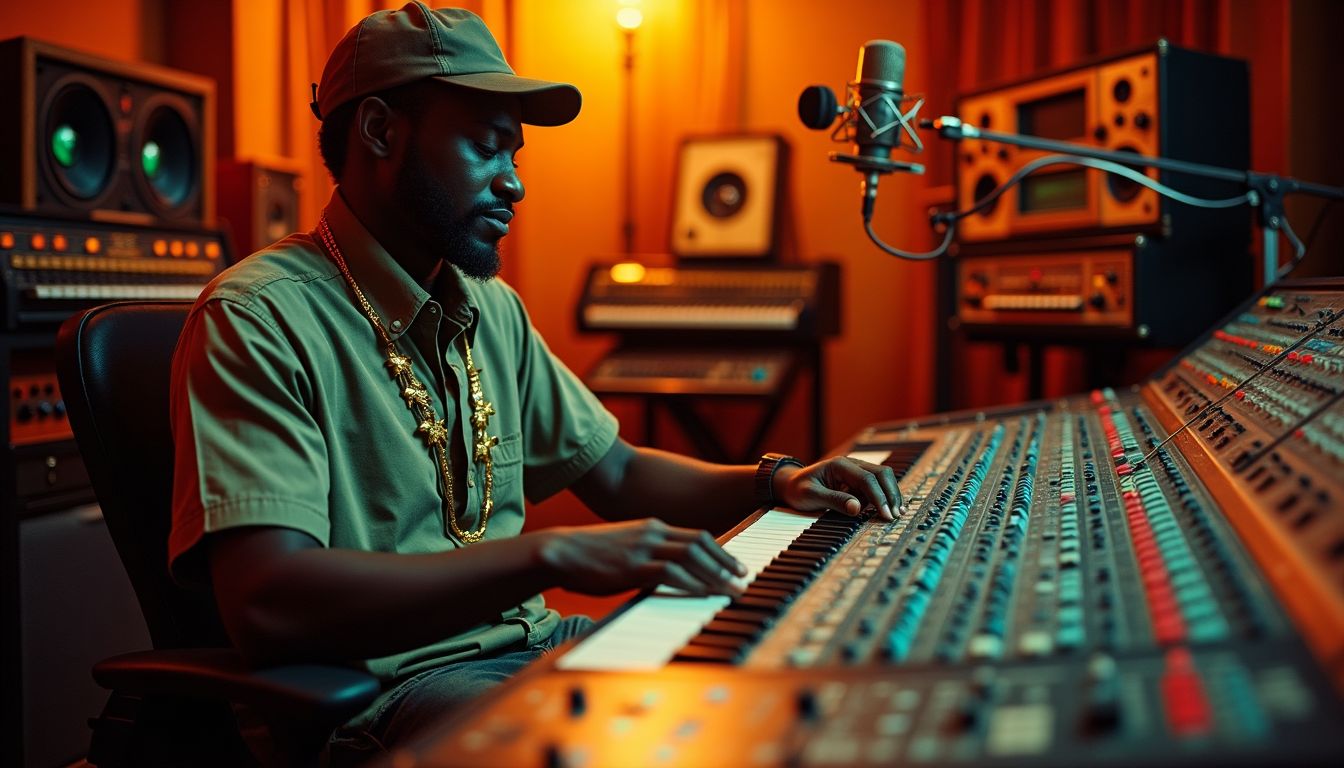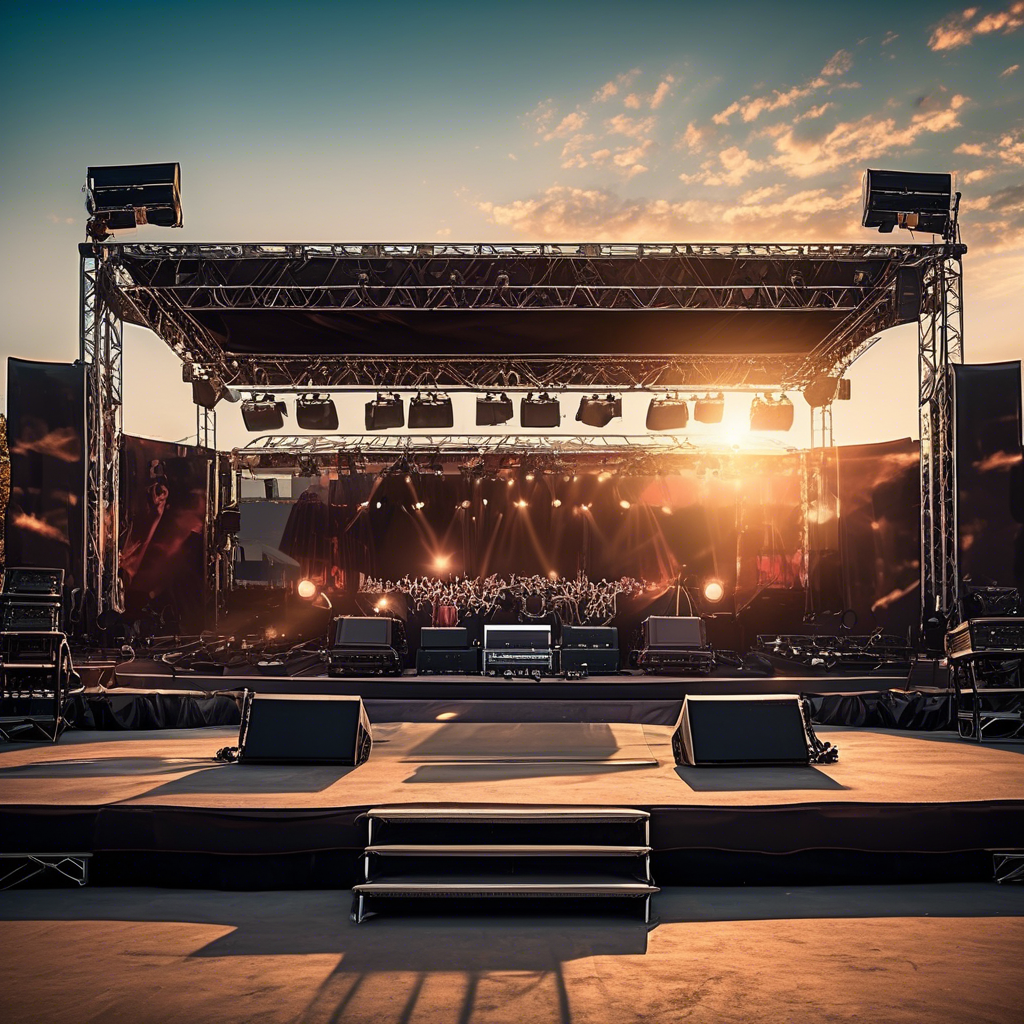
A Decade Of Rhythm: Nigerian Music in the 90s
What made the music of the ‘90s so great? Perhaps it was the reggae rhythms on every radio station or maybe it was the gradual yet undeniable rise of hip-hop capturing the hearts of the younger generation. Also, it was the ‘90s, which marked a significant shift in how music was consumed. As cassettes and CDs (especially in the latter half of the decade) began to replace vinyl records, and more people had increased access to music beyond nightclubs and live performances, the Nigerian entertainment industry’s economic potential started to come into focus. Older songs were re-released or distributed as CDs and cassettes, allowing many ’80s and ’70s hits to maintain a presence on the airwaves. It is against this backdrop, a chaotic harmony of sound and rhythm, that we introduce you to Nigerian music of the ‘90s.
Music in the ‘90s
By the mid-’90s, hip-hop had cemented its place in Nigerian pop culture, introducing us to artists like Tony Tetuila, Eedris Abdulkareem, and Eddy Montana. It was a politically charged era in Nigeria, and as social activism became more prominent, politically driven songs resonated with audiences. There was never a better time for Fela’s music as Afrobeat remained a powerful medium for social commentary. And that theme reverberated nationally. Nigerian musicians continued to challenge societal norms and speak out through their art, despite the repressive atmosphere of the Abacha regime.
The Genres
There had never been a more thriving era for reggae music in Nigeria than the 90’s. Remember that social commentary we mentioned earlier? Reggae artists boldly used their lyrics to rock the boat and question authority. Afrobeat, also thrived, not only with established pioneers holding the reins but also with newer artists like Lagbaja adding a fresh perspective. The era also saw the rise of street music, hip-hop, and R&B giving way to the Nigerian music industry as we know it today.
The Musicians
Evi-Edna Ogholi
If you were born in the ‘90s, chances are that Evi-Edna Ogholi’s rendition of the birthday song was played over and over again at your first birthday party. Her most popular hits include “Happy Birthday,” “Obaro,” and “Ririovara”. A trailblazer in the male-dominated reggae scene, Edna’s unique choice to perform in her native Isoko dialect set her apart. Her timeless music is a testament to how much dedication she sowed into her work.
Weird MC
Adesola Idowu popularly known as Weird MC, made bold statements with singles like “Allen Avenue” and “Ijoya.” Her debut album, “Simply Weird,” released in 1996, showcased her fresh, unapologetic approach to music. Collaborating with both Nigerian and international artists, she influenced the music scene well into the 2000s.
Lagbaja
Bisade Ologunde famously known as Lagbaja, became a symbol of Afrobeat’s evolution, with many drawing a parallel between him and Fela. Armed with his saxophone and the talking drum and his profound, socially charged lyrics. His mysterious persona, marked by his iconic mask, made him a cultural fixture from the ’90s into the 2010s.
Majek Fashek
Nigerian reggae musician and guitarist Majekodunmi Fasheke rose to fame in the late 1980s. Known for his passionate calls for unity and social change, Majek’s music reflected the struggles of ordinary Nigerians, a message that understandably resonated with his audience. He died in 2020, leaving behind a legacy of unabashed truth steeped in melody.
Daddy Showkey
John Odafe Asiemo better known as Daddy Showkey is very vocal about his background and humble beginnings. Advocating the idea that, in spite of adversity, anybody can rise to a place of grace and success. His style of music can be best described as a blend of Reggae and Afrobeat music combined with relatable storytelling. As a solo artist, his breakthrough came in 1994, following his time with the “Pretty Busy Boys.”
Foreign influences
Throughout the ’90s, Nigerian music embraced diverse influences, foreign artists like Bob Marley, Brenda Fassie, Celine Dion, and Michael Jackson remained very popular alongside homegrown talents. Despite the absence of the internet or social media, their influence was still notable. Their music, ever so present on the airwaves, inspiring Nigerian artists to push boundaries.
The Sound That Shaped a Generation
Isn’t it said; that great art often emerges from adversity? Whether through Majek Fashek’s politically charged lyrics or Daddy Showkey’s dance moves, they showed us that music could be both entertainment and a powerful tool for social commentary. These songs continue to inspire artists today, reminding us of the enduring creativity and resilience of Nigerian musicians.
Our ’90s Playlist
And finally the Royalti.io ’90s playlist.
- Lagbaja – Coolu Temper
- Onyeka Onwenu – One Love
- Bob Marley – Redemption Songs
- Brenda Fassie – Vuli Ndlela
- Evi-Edna Ogholi – Happy Birthday
- Sunny Okosun – African Soldiers
- Daddy Showkey – Diana
- Majek Fashek – So Long
- Pretty Busy Boys – Big Belle
- Bob Marley – Could You Be Loved
- Brenda Fassie – Nomakanjani
- Remedies – Shako Mo
- Bongos Ikwue – Still Searching
- Evi-Edna Ogholi – Obaro
- Majek Fashek – Religion Is Politics
- Daddy Showkey – Congratulations
- Brenda Fassie – Wedding Day


